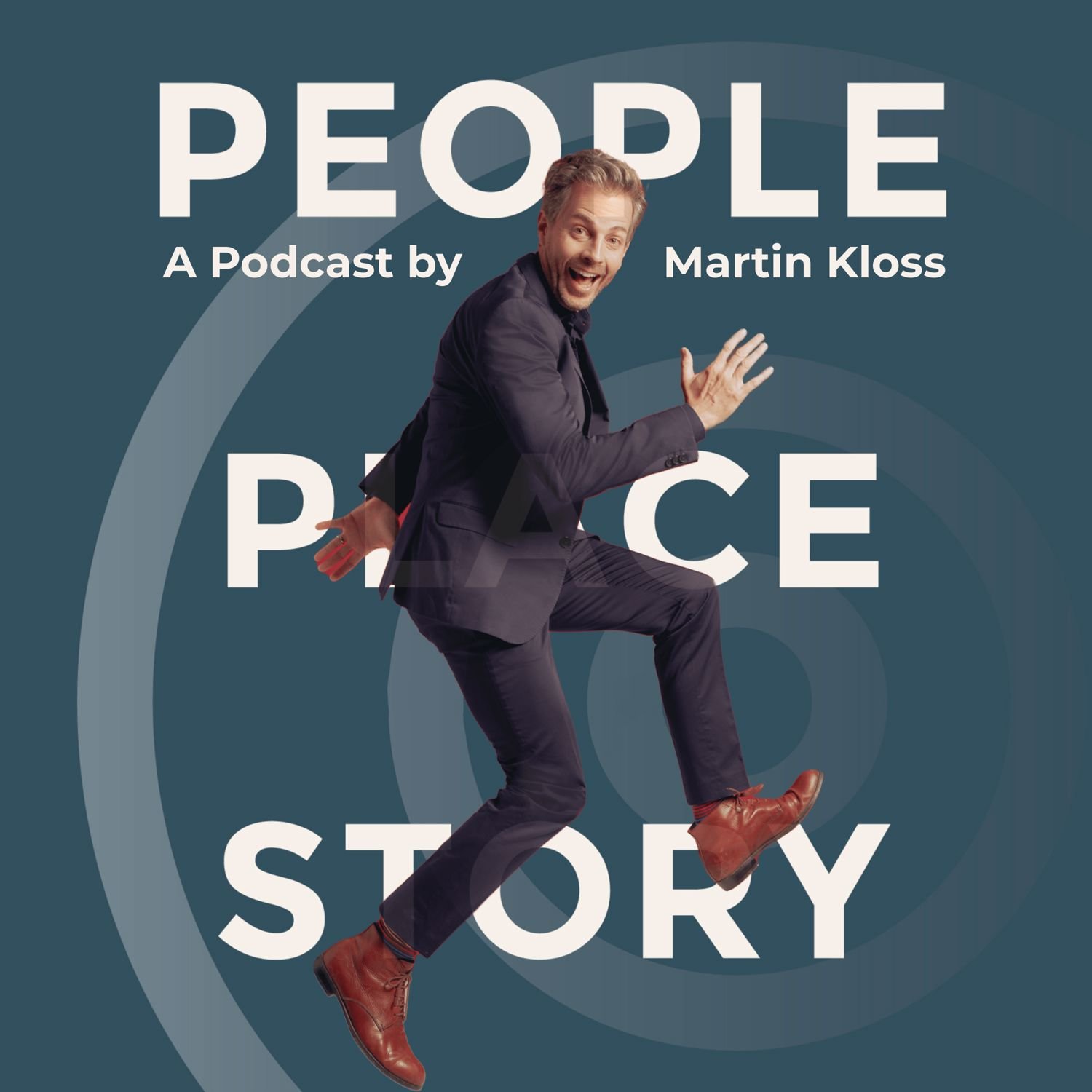In this episode of People Play Story, we delve into the common yet daunting experience of stage fright. Martin Kloss, a professional story coach and speaker trainer, shares insights from his book, "People Play Story," to help listeners understand and conquer the nerves that come with public speaking. We explore the biological roots of stage fright, tracing it back to our caveman ancestors, and discuss how our bodies react to perceived threats even in modern settings.
Martin introduces practical strategies to transform nervous energy into excitement, drawing parallels between professional athletes and individuals with stage fright. He emphasizes the importance of reframing our mental approach to these sensations and offers techniques like the "double out" breathing method to activate the parasympathetic nervous system, calming the body's stress response.
The episode also highlights the mental game of public speaking, focusing on the power of positive inner dialogue and visualization to boost confidence. Martin discusses the role of self-compassion and vulnerability in overcoming self-doubt, encouraging listeners to embrace their imperfections and connect authentically with their audience.
Listeners are encouraged to practice these techniques, embrace their unique voices, and take small steps towards transforming stage fright into a powerful tool for effective communication.

People Place Story - How to Communicate with Impact
People Place Story is a podcast for anyone who wants to master the art of storytelling and communicate with impact. Hosted by Martin Kloss, a professional story coach and speaker trainer with nearly 30 years of experience on global stages, this podcast breaks down the powerful techniques behind effective communication. Here’s the twist: while the insights come from Martin’s book People Place Story—currently available only in German—the conversations you’ll hear are entirely generated by AI. Using Google’s NotebookLM, the podcast reimagines key chapters of Martin’s book, bringing his knowledge and experience to life in a unique and engaging way. With a friendly, approachable tone, People Place Story offers thoughtful perspectives for anyone looking to improve their communication, whether on the big stage or in everyday conversations. Whether you’re a seasoned speaker or simply curious about the power of storytelling, this podcast will help you rethink how you express yourself. Tune in and explore the fascinating intersection of storytelling, communication, and AI!
Listen in your favorite app:
Fountain